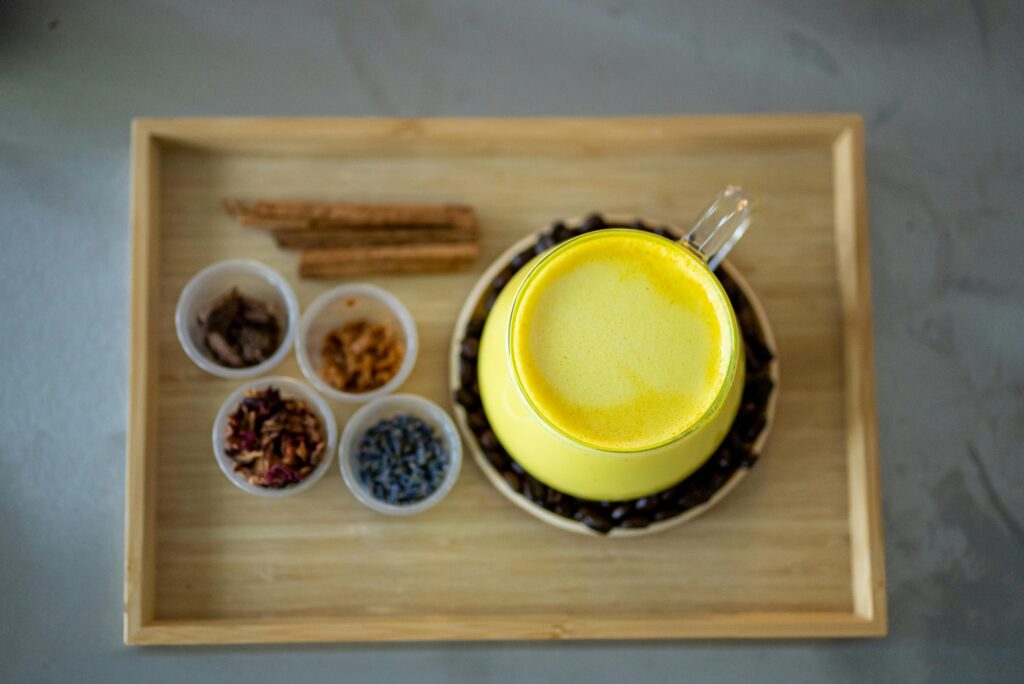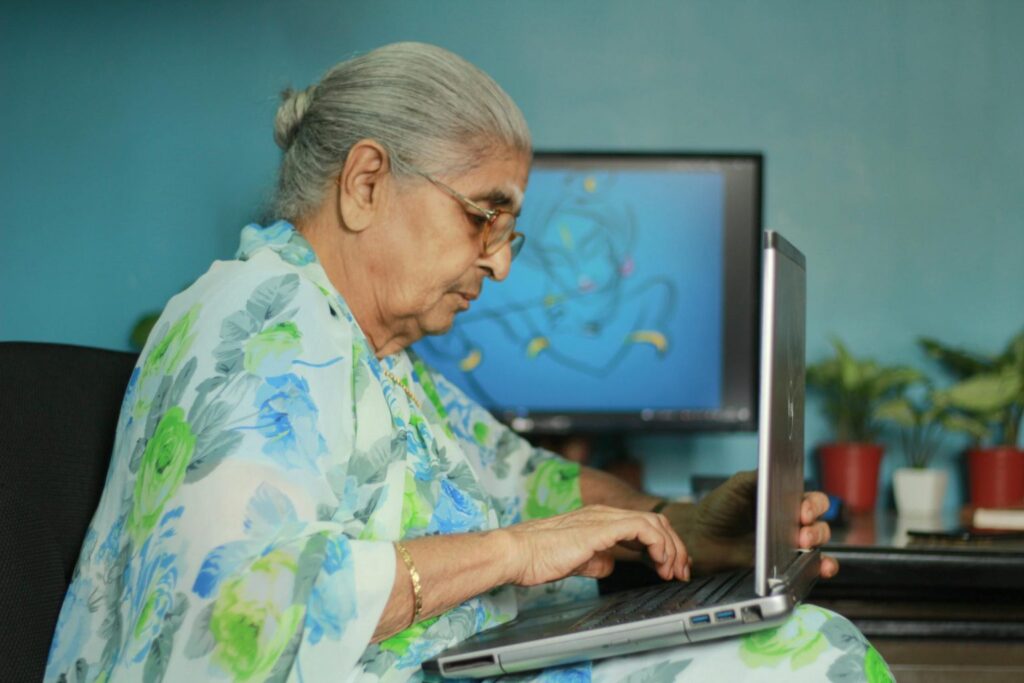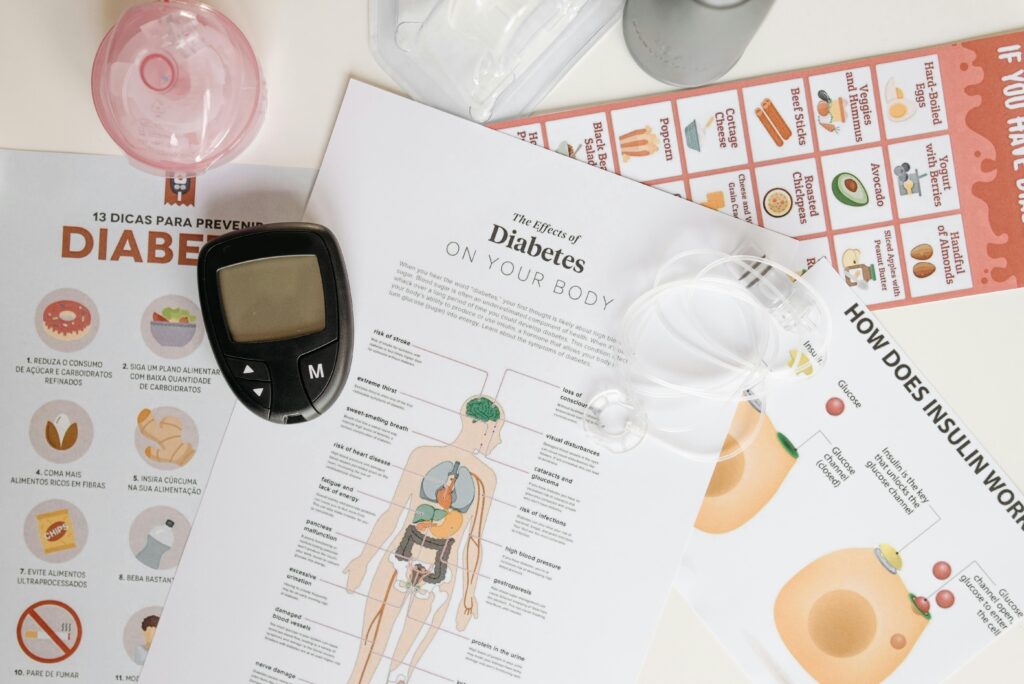As we grow older, our bodies slow down. Digestion weakens, appetite changes, and energy levels dip. This is natural. But what we eat can either support these changes — or make aging harder than it needs to be.
Ayurveda, the ancient science of life, offers gentle, time-tested guidance on eating well in the later stages of life. It doesn’t believe in strict diets. Instead, it shows us how to eat in harmony with age, season, and our body’s needs.
Let’s explore how Ayurvedic principles can help seniors eat better, feel lighter, and age more comfortably in their 60s, 70s, and beyond.
Why Ayurveda Matters More As We Age
According to Ayurveda, life is divided into stages. The later years — roughly from 60 onwards — are considered the Vata phase of life. Vata represents air and space. It governs movement, dryness, and lightness.
This means that as we age, our bodies naturally become:
- Drier (skin, joints, digestion)
- Lighter (muscle loss, reduced fat)
- More restless (sleeplessness, anxiety)
- Colder (poor circulation, chilliness)
Ayurveda says that “like increases like.” So if we eat dry, cold, or light foods, we increase the Vata imbalance. But if we eat warm, moist, nourishing foods, we restore balance and feel better.
General Ayurvedic Food Guidelines for Seniors
Here are gentle, practical guidelines that help support older bodies:
1. Eat Warm, Cooked Foods
Raw salads, cold curd from the fridge, or iced drinks can disturb digestion in older adults. Cooked, lightly spiced meals are easier on the gut and more nourishing.
2. Use Digestive Spices
Mild spices like ginger, cumin, coriander, fennel, and ajwain support digestion, reduce gas, and enhance absorption.
3. Prefer Soups, Stews, and Khichdi
Soft, moist meals are soothing for seniors. A simple dal soup with ghee or vegetable khichdi can offer strength without heaviness.
4. Add Healthy Fats
A little ghee or sesame oil is good. It lubricates the joints, nourishes the tissues, and keeps constipation away.
5. Don’t Skip Meals
Irregular meals aggravate Vata. Regular, small, balanced meals keep energy and mood stable.
Ideal Foods for Seniors, the Ayurvedic Way
Let’s break it down by food groups:
Grains
- Warm, soft rice
- Wheat roti (well-cooked)
- Ragi, barley, or millets (only if digestion is strong)
Avoid: Cold, dry bread, stale rice, or too many uncooked grains.
Lentils and Pulses
- Moong dal (yellow and green)
- Masoor dal (red lentils)
- Light urad dal (in small quantity)
Tip: Always cook with spices and a little ghee to make them easy to digest.
Vegetables
- Well-cooked carrots, pumpkin, gourds, beans, beets
- Steamed greens with ghee
Avoid: Raw salads, cruciferous vegetables (like cauliflower or cabbage) in excess.
Fruits
- Ripe banana, apple (stewed), papaya, sweet oranges
- Seasonal, non-citrusy fruits work best
Avoid: Sour fruits, very cold or unripe fruits.
Dairy
- Warm milk with turmeric or cardamom
- Buttermilk (thin and spiced)
- Homemade paneer
Avoid: Cold curd, processed cheese.
Foods That Reduce Vata After 60
To calm Vata and support graceful aging, Ayurveda recommends:
- Warmth – in food, drinks, and lifestyle
- Unctuousness – healthy fats like ghee and sesame oil
- Routine – eating and sleeping at regular times
- Spices – to kindle the digestive fire (agni)
- Sweet, sour, and salty tastes – in moderation, these balance Vata
Foods and Habits to Avoid After 60
Even healthy foods can become harmful if they don’t suit the body’s current state. Ayurveda suggests avoiding:
- Excessively dry foods (like packaged snacks, bread, dry chapati)
- Cold foods and drinks
- Late dinners
- Skipping meals or long fasting without guidance
- Overeating — especially heavy, oily, or fried meals
Sample Ayurvedic Meal Plan for Elders
Here’s a simple day’s menu following Ayurvedic principles:
Morning:
Warm water with ginger
Ragi porridge with a dash of ghee
Mid-morning:
Stewed apple or banana
Lunch:
Rice + moong dal + steamed vegetables
Ghee
Thin buttermilk with cumin
Evening:
Light herbal tea (ginger/tulsi/fennel)
A few soaked almonds
Dinner:
Vegetable khichdi with ghee
A pinch of hing or ajwain
Golden milk (haldi milk) before bed
Ayurveda Is Not One-Size-Fits-All
Each person is unique. Age, prakriti (body constitution), health conditions, and even seasons affect what foods are best. That’s why listening to the body is key.
Signs that food is not suiting include:
- Bloating or heaviness after meals
- Dryness or constipation
- Disturbed sleep
- Unexplained fatigue
In such cases, simplify the diet. Return to warm, cooked, easy-to-digest meals — and always consult a doctor or Ayurvedic practitioner if issues continue.
How Caregivers Can Use Ayurvedic Guidance
Caregivers play a big role in supporting elders’ diets. Even simple shifts like warming food before serving, using less raw salad, and adding cumin or ginger can help digestion and comfort.
Other tips:
- Maintain meal routines
- Avoid excess spice, but don’t make food bland
- Keep meals small but nourishing
- Use traditional home remedies wisely
- Always balance taste and health
Conclusion
Aging is natural, but suffering isn’t. Ayurveda reminds us that food can be healing — when it is warm, timely, and suited to our body’s age and needs.
In our 60s, 70s, or 80s, we don’t need complicated diets. Just simple, seasonal, sattvic food cooked with love and intention. It keeps the body strong, the mind clear, and the spirit calm.
💚 Found this useful?
Share this post with someone caring for an elder — or someone who deserves to age well. And don’t forget to follow our blog for more mindful eldercare tips, rooted in tradition and tailored for today. 💚





